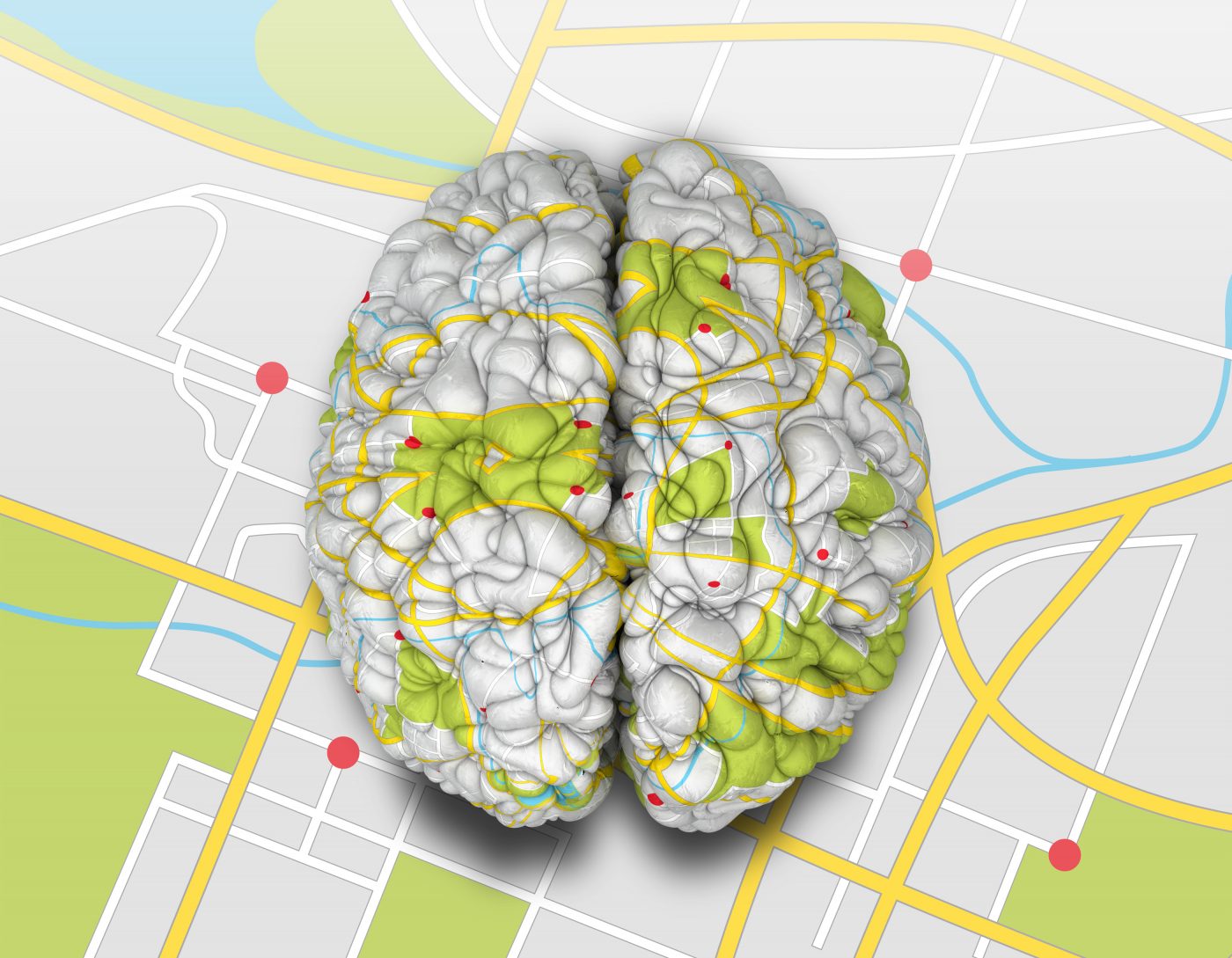Targeting Enzyme to Reduce Mutant Protein Levels May Be New Strategy to Fight Huntington’s, Study Says

Blocking an enzyme called PIP4Ky has the ability to reduce levels of mutant huntingtin protein and clear toxic aggregates of the protein, suggesting a potentially effective therapeutic strategy against Huntington’s disease, according to a study.
The study, “Inhibition of PIP4Kγ ameliorates the pathological effects of mutant huntingtin protein,” was published in the journal eLife.
Huntington’s disease is caused by an expansion in the DNA sequence of the huntingtin gene (HTT), which results in the production of a mutant huntingtin (mHtt) protein. The accumulation of mHtt triggers a variety of issues in cells that eventually leads to neurodegeneration.
In the past, many therapeutics have tried to target downstream effects of the mHTT protein, but an attractive alternative therapeutic pathway is to actually reduce the levels of the mHtt protein.
One of the problems associated with Huntington’s and other neurodegenerative diseases is the body’s inability to discard cellular waste. While a healthy cell is able to easily rid itself of cellular waste (including mutant proteins) in a process called autophagy, Huntington’s patients do not have an effective autophagic process, further contributing to the buildup of the mHTT protein.
A previous study showed that a compound called NCT-504 can actually lower mHTT protein levels and improve cell survival. This compound blocks PIP4Ky activity — an enzyme known to be involved in cellular communication.
In this study, researchers found that inhibiting PIP4Ky activity increased autophagy, reduced mHtt protein levels in cells from Huntington’s patients, and cleared aggregates of mHtt in neuronal cell models of Huntington’s disease.
Furthermore, when PIP4Ky activity was inhibited in two fruit fly models of Huntington’s disease, the team could rescue mHtt-induced neurodegeneration, providing further evidence the enzyme could be used as a therapeutic target.
“These results provide important insights into understanding the biology of a rare, devastating neurological disease,” co-author Juan Marugan, PhD, acting branch chief and group leader of the NCATS Chemical Genomics Center, said in a press release. “PIP4Kγ inhibitors could be useful for Huntington’s and other neurodegenerative disorders such as Alzheimer’s and Parkinson’s diseases, which also are marked by the accumulation of toxic proteins.”






